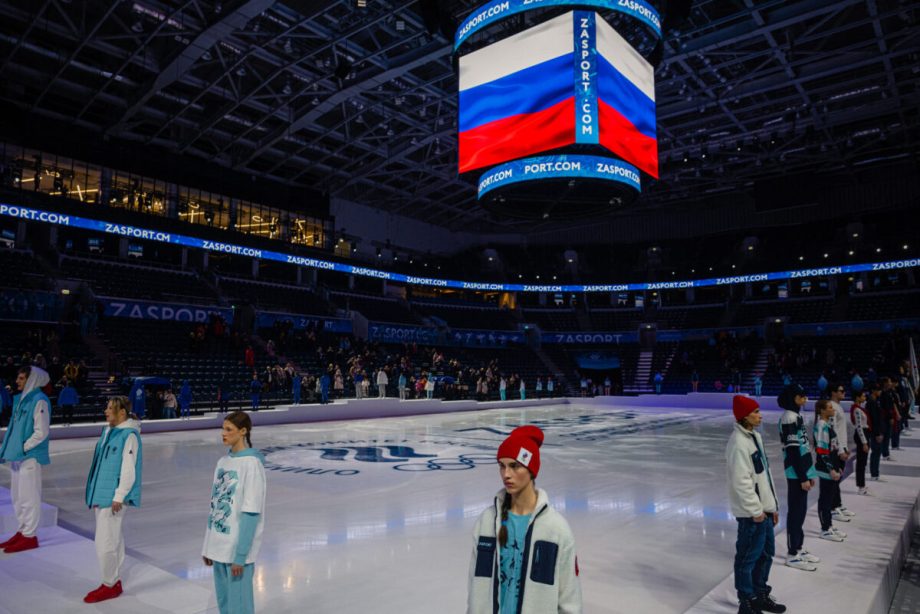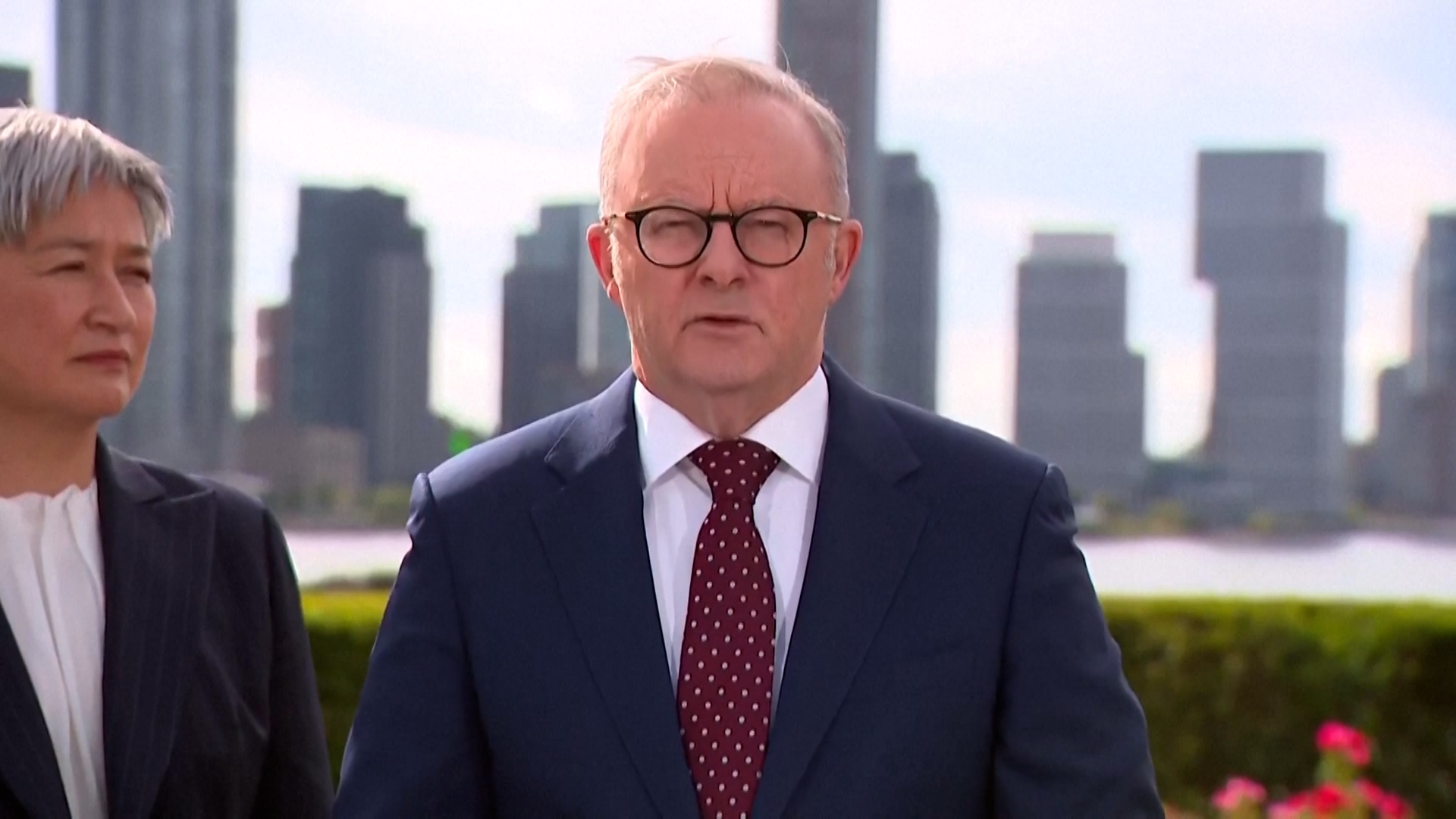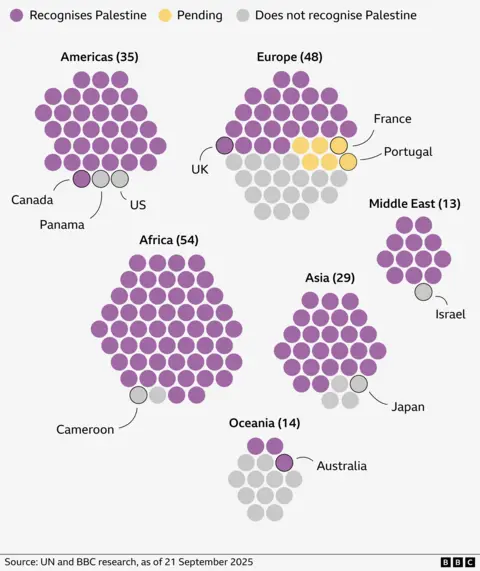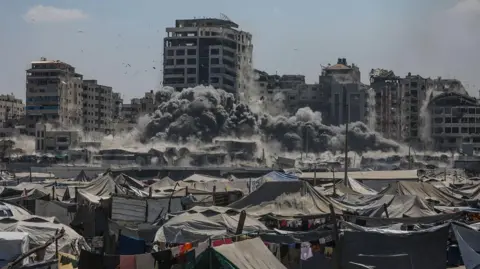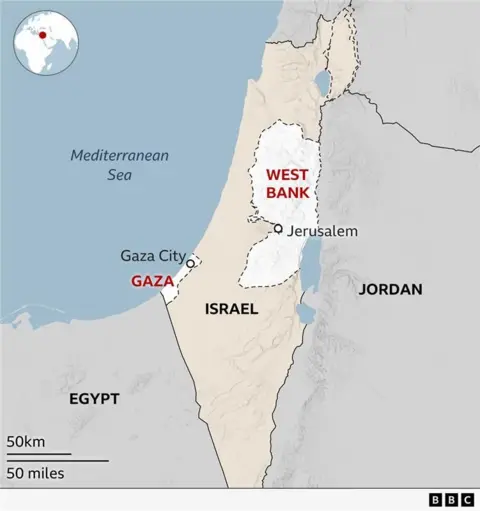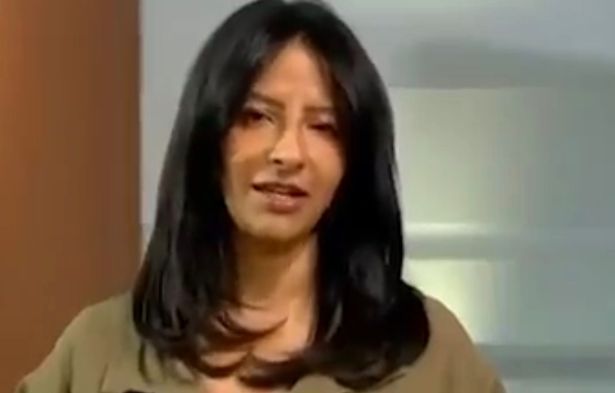It should matter little to the Chinese that American diplomats and a handful of their western allies will not be attending the Beijing Winter Olympics in February. What truly matters is that the Russians are coming.
The above is not an arbitrary statement. It is supported with facts. According to a survey conducted by China’s Global Times newspaper, the majority of the Chinese people value their country’s relations with Russia more than that of the EU and certainly more than that of the United States. The newspaper reported that such a finding makes it “the first time in 15 years that China-US ties did not top the list of the important bilateral relations in the Global Times annual survey.”
In fact, some kind of an alliance is already forming between China and Russia. The fact that the Chinese people are taking note of this and are supporting their government’s drive towards greater integration – political, economic and geostrategic – between Beijing and Moscow, indicates that the informal and potentially formal alliance is a long-term strategy for both nations.
American hostilities towards China, as seen by the Chinese, have become unbearable, and the Chinese people and government seem to have lost, not only any trust, however modest, of Washington, but of its own political system as well. 66 per cent of all Chinese either disapproved of the US democratic system – or whatever remains of it – or believe that US democracy has sharply declined. Ironically, the vast majority of Americans share such a bleak view of their own country, according to a survey conducted by the Pew Research Centre in 2019 and again by the Michigan Public Policy Survey in 2021.
This leads us to two possible conclusions: First, the Chinese people will not be pushing for an American-style democracy any time soon and, second, the Chinese trust in the US does not hinge on what political party controls the White House or Congress.
OPINION: Turkey’s balancing act between Russia and Ukraine
While the Chinese negative view of the US is unmistakably clear, Beijing remains hopeful that existing divisions with the European Union would allow it to expand economically in a region that is rife with financial and political opportunities, thus strategic growth. This fact offers China and Russia yet another area of potential cooperation, as Russia is also keen to expand into the European markets using its recently completed Nord Stream 2 gas project. Though Europe is already struggling with gas shortages, Europeans are divided on whether Russia should be allowed to claim a massive geostrategic influence by having such sway over the EU energy needs.
Germany, which already receives nearly a third of its gas supplies from Russia – through Nord Stream 1 – is worried that allowing Nord Stream 2 to operate would make it too dependent on Russian gas supplies. Under intense pressure from Washington, Germany is caught between a rock and a hard place: it needs Russian gas to keep its economy afloat, but is worried about American retaliation. To appease Washington, the German government threatened, on 16 December, to block the new pipeline if Russia invades Ukraine. But is Germany in a position that allows it to make such demands?
Meanwhile, Washington is keeping a close watch on Russia’s and China’s strategic expansion westward, and it views the ‘threat’ posed by both countries with great alarm. In his recent visit to Scotland to take part in the COP26, US President Joe Biden accused China and Russia of “walking away” on “a gigantic issue”, referring to climate change. China has “lost the ability to influence people around the world and here in COP. The same way I would argue with Russia,” Biden said on 3 November.
But will such rhetoric make any difference, or sway traditional US allies to boycott the lucrative deals and massive economic opportunities presented by the two emerging Asian giants?
According to Eurostat, in 2020, China overtook the US as Europe’s largest import and third-largest export partner. Moreover, according to Nature magazine, most European countries largely depend on Russian energy sources, with the European Union estimated to import nearly 40 per cent of its natural gas from Russia.
In the face of these vastly changing realities, the US seems to be running out of options. The Summit for Democracy, orchestrated by Washington last December, seemed like a desperate cry for attention as opposed to celebrating the supposed democratic countries. 111 countries participated in the conference. The participants were handpicked by Washington and included such countries as Israel, Albania and Ukraine. China and Russia were, of course, excluded, not because of their lack of democratic credentials – such notions are often of no relevance to the politicised US definition of ‘democracy’ – but because they, along with others, were meant to be left isolated in the latest US hegemonic move.
READ: Fewer ships sailing to Russia due to possible war in Ukraine, Turkish ship spotter says
The conference, expectedly, turned out to be an exercise in futility. Needless to say, the US is in no position to give democracy lessons to anyone. The attempted coup in Washington by tens of thousands of angry US militants on 6 January, 2021 – coupled with various opinion polls attesting to Americans’ lack of faith in their elected institutions – places the US democracy brand at an all-time low.
As the US grows desperate in its tactics – aside from increasingly ineffectual sanctions, aggressive language and the relentless waving of the democracy card – China and Russia continue to draw closer to one another, on all fronts. In an essay entitled ‘Respecting People’s Democratic Rights’, written jointly by the ambassadors of Beijing and Moscow in Washington, Qin Gang and Anatoly Antonov wrote in the National Interest magazine that the democracy summit was “an evident product of (US’s) Cold-War mentality,” which “will stoke up ideological confrontation and a rift in the world, creating new ‘dividing lines’.”
But there is more than their mutual rejection of American hostilities that is bringing China and Russia closer. The two countries are not motivated by their fear of the American military or some NATO invasion. Russia’s and China’s militaries are moving from strength to strength and neither country is experiencing the anxiety often felt by smaller, weaker and relatively isolated countries that have faced direct or indirect US military threats.
To push back against possible NATO expansion, the Russian military is actively mobilising in various regions at its western borders. For its part, the Chinese military has made it clear that any US-led attempt aimed at altering the balance of power in the Taiwan Strait would provoke an immediate military retaliation. In a virtual meeting with the US President, Chinese President Xi Jinping warned Biden on 16 November that the US was “playing with fire”. “Whoever plays with fire will get burnt,” he threatened.
The Chinese-Russian alliance aims largely at defending the two countries’ regional and international interests, which are in constant expansion. In the case of China, the country is now a member of what is considered the world’s largest economic pact. The Regional Comprehensive Economic Partnership (RCEP), which was officiated on 1 January, covers a global market that caters to around 30 per cent of the world’s population.
Russia, too, operates based on multiple regional and international alliances. One of these military alliances is the Collective Security Treaty Organization (CSTO), which is currently involved in ‘peacekeeping’ operations in Kazakhstan. From Syria in the Middle East, to Venezuela in South America to Mali in West Africa and beyond, Russia’s military influence has increased to the extent that, in September 2021, Moscow signed military cooperation agreements with Africa’s two most populous nations, Nigeria and Ethiopia, challenging the traditional dominance of the US and France on the African continent.
Informally, China and Russia are already operating according to a regional and global model that can be compared to that of the now-defunct Warsaw Treaty Organisation (1955-91), a political and military alliance between the Soviet Union and several Eastern European countries that aimed at counter-balancing the US-led NATO alliance. The Warsaw Pact pushed back against US-led western hegemony and laboured to protect the interests of the pact’s members throughout the world. History seems to be repeating itself, though under different designations.
Historically, the two countries have had a difficult and, at times, antagonistic relationship, dating back to the 19th century. During the Nikita Khrushchev era, Beijing and Moscow even broke their ties altogether. The Sino-Soviet split of 1960 was earth-shattering to the extent that it transformed the bipolarity of the Cold War, where China operated as an entirely independent party.
Though diplomatic relations between Beijing and Moscow were restored in 1989, it was not until the collapse of the Soviet Union that cooperation between both nations intensified. For example, the decision, in 1997, to coordinate their diplomatic positions in the United Nations gave birth to the Joint Declaration on a Multipolar World and the Establishment of a New International Order. That agreement between Russia and China laid the foundations for the actively evolving multi-polar world that is currently transpiring before our eyes.
Present reality – namely US, NATO, EU pressures – has compelled Russia and China to slowly, but surely cement their relationship, especially on the economic, diplomatic and military fronts. Writing in Carnegie Moscow Centre, Alexander Gabuev explained that, according to data provided by the Russian Federal Customs Service, “China’s share in Russian foreign trade grew from 10.5 per cent in 2013 (before the Ukraine crisis and sanctions) to 16.7 per cent in 2019 and 18.3 per cent in the pandemic-struck 2020.”
READ: US, NATO dispute with Russia does not undermine Turkey Black Sea rights
Moreover, the two countries are holding regular large-scale joint military exercises, aimed at strengthening their growing security and military cooperation.
This already close relation is likely to develop even further in the near future, especially as China finds itself compelled to diversify its energy sources. This became a pressing need following recent tensions between Australia, a NATO member, and China. Currently, Australia is the main natural gas supplier to Beijing.
On its own, Russia cannot conclusively defeat Western designs. China, too, despite its massive economic power, cannot play a geopolitical game of this calibre without solid alliances. Both countries greatly benefit from building an alternative to US-led political, economic and military alliances, starting with NATO. The need for a Russian-Chinese alliance becomes even more beneficial when seen through the various opportunities presenting themselves: growing weakness in the US’s own political system, cracks within US-EU relations and the faltering power of NATO itself. Turkey, for example, though a NATO member, has for years been exploring its own geopolitical alliances outside the NATO paradigm. Turkey is already cementing its ties with both Russia and China, and on various fronts. Other countries, for example Iran and various South American countries, that have been targeted by the US for refusing to toe Washington’s political line, are desperately seeking non-western alliances to protect their interests, their sovereignty and their heavily sanctioned economies.
While it is still too early to claim that China and Russia are anywhere near a full-blown alliance of the Warsaw nature, there is no reason to believe that the cooperation between both countries will be halted or even slow down anytime soon. The question is how far are Beijing and Moscow willing to go to protect their interests.
The views expressed in this article belong to the author and do not necessarily reflect the editorial policy of Middle East Monitor.
